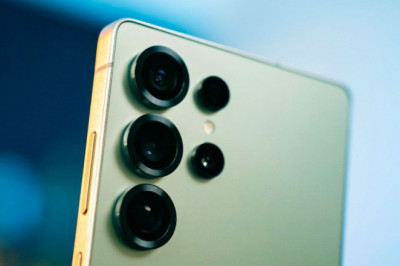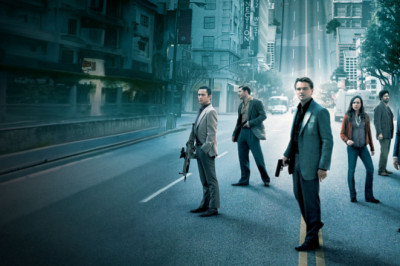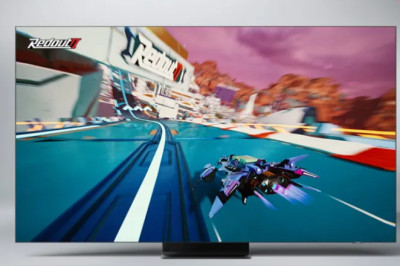The Future of Sci-Fi Cinema: AI and VR Take Center Stage
views
Sci-fi cinema has always pushed the boundaries of what we imagine as possible. From space exploration to time travel, from alternate dimensions to machine consciousness, the genre has long been a playground for bold ideas and deep questions.
Today, the real world is catching up. Artificial intelligence, virtual reality, quantum computing, and digital consciousness are no longer fiction — they're part of our everyday lives. As a result, the stories we tell through sci-fi are changing too.
AI Characters: The New Protagonists
Artificial intelligence is not only a popular subject in sci-fi — it's also transforming the way films are made. On screen, AI-driven characters have become more human, more complex, and more emotionally compelling.
Films like Ex Machina, Her, and Blade Runner 2049 explore the fine line between artificial and human intelligence. Characters like Ava, Samantha, and Joi aren't just machines; they challenge us to redefine what it means to feel, to love, and to be alive.
Soon, AI may not just be the subject of the film — it might help write the screenplay, design the visuals, or even create digital actors.
Immersive Storytelling with Virtual Reality
Virtual reality (VR) is transforming how we experience cinema. No longer passive viewers, audiences are becoming active participants. With VR, a film is not just something you watch — it’s something you live.
In VR storytelling, scenes can offer multiple narrative paths. You may decide what a character does or where the story goes. This interactive format is especially powerful in sci-fi, where world-building and choice-driven plots thrive.
As VR tech becomes more accessible, it could redefine the sci-fi genre entirely.
New Themes: From Dystopias to Post-Human Futures
Classic sci-fi explored alien invasions, nuclear wars, and robot uprisings. While those themes still exist, newer sci-fi is more grounded in today’s issues:
-
Post-human societies where humans merge with AI or undergo genetic modification
-
Climate dystopias featuring resource wars, ecological collapse, and global migration
-
Data-driven authoritarianism where control is exercised through surveillance and information
These narratives don't just entertain — they challenge us to confront real-world concerns.
Tech-Driven Production: Sci-Fi on a Budget
Sci-fi used to require massive budgets. But today, digital tools are democratizing the genre. AI-powered visual effects, game engines like Unreal Engine, and virtual production stages allow independent creators to build cinematic worlds with fewer resources.
Take The Creator (2023), a visually stunning film with AI themes produced on a relatively modest budget. It proves that strong sci-fi doesn’t require Marvel-level financing.
Indie Sci-Fi: Creativity Without Limits
Independent filmmakers are embracing sci-fi like never before. With flexible distribution models and digital production tools, they can tell complex stories without big studios.
Examples include:
-
Coherence (2013): A multiverse thriller shot with minimal budget
-
Primer (2004): A cult classic exploring time travel on a shoestring
-
Archive (2020): A human-AI relationship set in a near-future world
These films show that great sci-fi comes from strong ideas, not necessarily huge effects.
Sci-Fi as Social Commentary
More than just speculation about the future, sci-fi often reflects the present. It examines our fears about technology, identity, and society. Themes like surveillance, digital addiction, and ethics in AI are common.
Shows like Black Mirror have made this type of narrative mainstream, using future tech as a mirror to critique current behaviors.
Sci-fi remains one of the most powerful genres for exploring the human condition in the age of machines.
FAQs
1. How is AI used in filmmaking today?
AI assists in scriptwriting, visual effects, voice generation, and even character modeling.
2. What is VR cinema?
VR cinema is an immersive format where viewers experience the film in 360 degrees, often with interactive elements.
3. What are some great indie sci-fi films?
Coherence, Primer, and Archive are standout low-budget films with high-concept ideas.













Yorumlar
0 comment